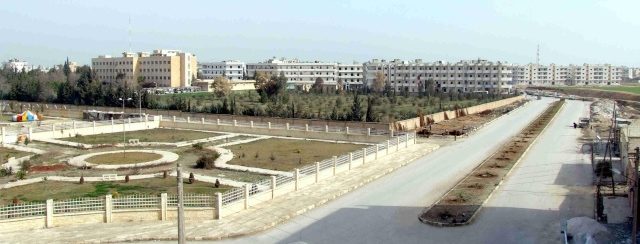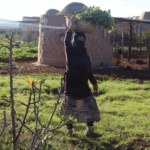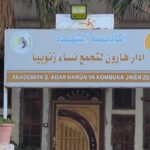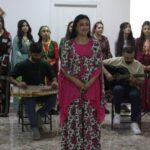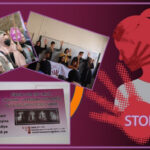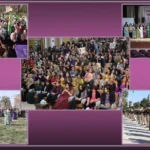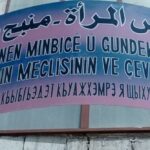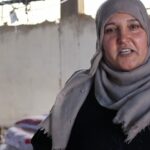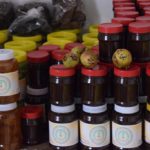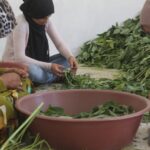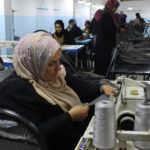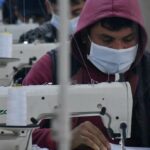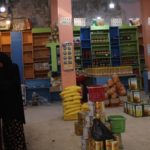Manbij (Arabic: منبج; Kurdish: Minbic) is a city in the Democratic Federation of Northern Syria.
In the 2004 census by the Syrian Central Bureau of Statistics (CBS), Manbij had a population of nearly 100,000. The residents of Manbij are ethnically diverse, including Arabs, Kurds, Circassians and Chechens, and includes followers of the Naqshbandi Sufi order.
Manbij has a long and rich history, stretching well back into antiquity.
Prior to and in the early years of the Syrian Civil War, the city’s socio-political life was dominated by its main tribes. Tribal leaders served as the mediators and arbiters of major disputes in Manbij, while the state’s security forces largely dealt with petty offences.
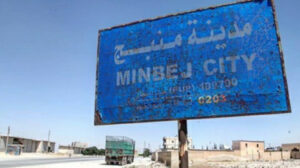
On 20 July 2012, Manbij fell to local rebel forces, who then administered the city. ln December, there was an election to appoint a local council.
In January 2014, forces from Daesh (The Islamic State of Iraq and the Levant / ISIL) took over the city after ousting the rebels. The city became a hub for trading in looted artefacts and archaeological digging equipment.
In June 2016, the Syrian Democratic Forces (SDF) launched an offensive to capture Manbij, and by June 8 had fully encircled the city. On 12 August the SDF established full control over Manbij after a two-month battle.
By 15 August 2016, thousands of previously displaced citizens of Manbij were reported to be returning to the city.
On 19 August 2016, the Manbij Military Council issued a written statement announcing it had taken over the security of Manbij city centre and villages from the SDF, of which it is a part.
On 12 March 2017, the Legislative Assembly of Manbij approved the elected co-presidents who then took office. During the meeting the departments of the committee members, co-presidents and committees were determined after speeches and evaluations. 13 committees where determined, whose members include 71 Arabs, 43 Kurds, 10 Turkmen, 8 Circassians, and an Armenian and a Chechen.
Manbij is currently self-administered by the Manbij City Council, as part of the Democratic Federation of Northern Syria.
